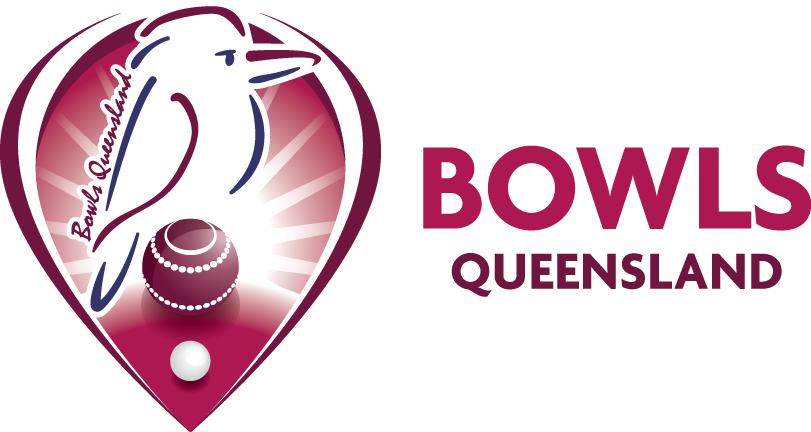Catering Agreements: Ensuring your Clubs’ needs are catered to
With the quality of food offerings being an important consideration for bowls clubs looking to attract and retain business, it is becoming increasingly common for clubs to outsource some, or all, of the catering responsibilities for their venues to third-party caterers.
Commonly, bowls clubs may engage a caterer to manage the on-site restaurant or café, cater for specific events and functions at their premises, or both.
Such catering agreements generally fall into one of two categories:
- The third-party caterer pays a fixed fee to the bowls club licensee for the right to use part of the premises to provide their catering service, and the caterer receives the full profit from all food sales. This is common when your bowls club engages a more experienced caterer, and usually reduces your catering responsibilities.
- The bowls club pays a fee to the caterer (whether a fixed fee or one calculated as a percentage of profits from the food sales) so that the bowls club can still participate in some of the profits from the food sales. This is common with smaller catering operators who may be happy to allow your bowls club to retain greater control over the food offering.
Key Considerations
Before finalising the agreement, it’s important to give careful thought to its financial aspects. This includes determining the rent or lease costs, profit-sharing or turnover-based arrangements, and identifying who will bear the responsibility of paying for operating expenses such as electricity, gas, water, and other outgoings, as well as maintaining and repairing equipment and facilities. Additionally, it’s common for caterers to be required to acquire appropriate insurance and pay a security bond to cover any costs associated with breaching the agreement.
It is also important that all parties are clear on staffing and management arrangements, including which staff are employed by the bowls club, as opposed to the caterer. In this regard, while your bowls club can subcontract food and meal services to the caterer, the same cannot be said for service of liquor. Accordingly, the caterer cannot be involved in the service, or collection of payment for alcohol, and all staff involved in the service of liquor, including “glassies” employed to clear tables, should be employed by the bowls club and hold a valid Responsible Service of Alcohol (RSA) certification. For this reason, patrons will commonly order their meal from the caterer at a separate counter, before purchasing their drinks from the bowls club at the bar.
Other important considerations include determining who will be responsible for cleaning different parts of the premises and ensuring that there are no restrictions in place to prevent the caterer from providing similar services to local competitors. Bowls clubs should also establish contractual controls over the caterer, such as setting minimum standards for food quality, trading hours, menu offerings, and pricing.
OLGR Approval
Technically, the Liquor Act and Gaming Machine Act do not require catering agreements to be approved by the OLGR. However, it is prudent to take proper legal advice regarding the preparation of your agreement to ensure it does not take on the flavour of a lease or management agreement, which does require OLGR approval.
The items outlined above are just a few of the issues bowls clubs should consider in preparing a catering agreement. Different bowls clubs will have different requirements, and it is important that any agreement is tailored to the specific needs of the individual bowls club and caterer.
If you are thinking of engaging a caterer at your bowls club but are not sure where to start, or if you require assistance to prepare a catering agreement, please call me, Matt Bradford, at 07 3224 0353.

